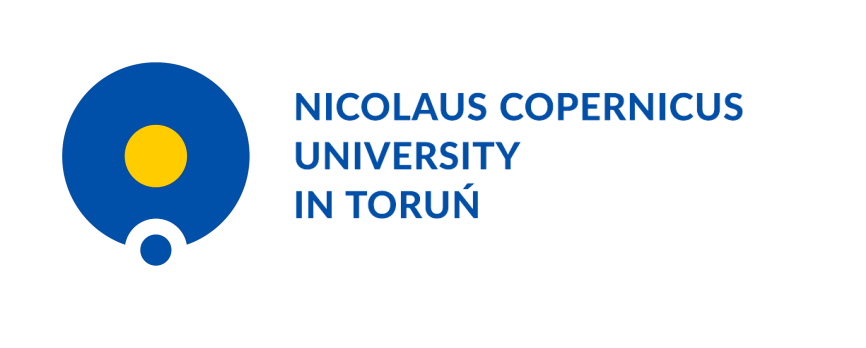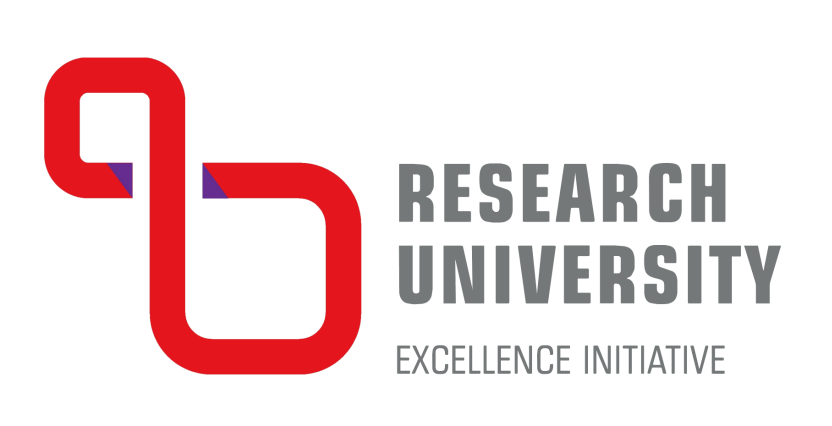Talking with Klaudia Bonowicz, MA, PhD student representative within IDUB Team 2
BZ: Hi Klaudia! I would like to start by thanking you for the opportunity to speak with you.
KB: Hi, also thank you very much for inviting me to talk to you. I am happy to share my experiences and thoughts. I hope our conversation will be interesting and inspiring!
BZ: What prompted you to join Team 2?
KB: Joining Team 2 was a natural step for me as I am keen to share my research experience and to collaborate with people who have similar goals. I believe that together we can come up with solutions that will really improve the quality of education, especially by actively involving PhD students in scientific activities. My experience gained during research internships in Germany, Turkey and the United States, among others, allows me to see how important national and international cooperation is for scientific and personal development.
BZ: What expectations do you have of working in a team?
KB: I am glad that I have been able to get to know people who have been developing effective strategies for improving the quality of education for years, taking into account the needs of both students and doctoral students. I am convinced that together we will create an environment conducive to supporting young scientists through open cooperation based on constructive exchange of experiences.
BZ: What do you see as the biggest challenges in improving the quality of education?
KB: One of the biggest challenges is to adapt the methods of organizing the educational process to a dynamically changing world in which doctoral students have different expectations and needs. It is also important to have the right message and communication system, both with students and PhD students. Studying is a very intensive period, and without effective and regular communication, doctoral students may miss out on opportunities dedicated to their development, such as research internships, grant competitions, soft skills workshops or research methodology training. Promoting active participation in scientific initiatives is therefore key.
BZ: Do you already have any ideas or initiatives that you would like to introduce within the team?
KB: At the moment, we are focusing on providing systematic information about current competitions, internships and scientific development opportunities, as well as testing different forms of communication. In addition, it would be worth considering creating a platform for the exchange of experiences between doctoral students from different units, which would foster networking and mutual support.
BZ: What is the importance to you of involving PhD students in research activities?
KB: I believe that engaging doctoral students in research activities is crucial for the development of their research careers. I myself am fortunate to work with a very supportive Promoter who motivates me to apply for grants, participate in research placements and take part in other initiatives. I know that the right motivation, support and self-confidence are key to taking on such challenges. This is why it is so important for PhD students to have access to inspiring mentors and a supportive environment for their development.
BZ: Do you think the current education system sufficiently supports the development of young scientists? What could be improved?
KB: The current education system provides some opportunities for young researchers, but there is still a lot to be done. Support should be more individualised, with an emphasis on mentoring and access to research competence development programmes. It is also worth considering simplifying grant procedures for young researchers and increasing the number of programmes that fund their projects. The Research University Excellence Initiative programme has made a real impact on the development of UMK doctoral students in recent years, but there is a need to further develop such initiatives.
BZ: What benefits can the activities of Team 2 bring to doctoral students?
KB: The activities of Team 2 can contribute to improving the quality of education by developing an academic culture based on collaboration and innovation. It can also increase the involvement of doctoral students in scientific activities and enable them to actively participate in shaping the academic environment. It is also crucial to disseminate information about competitions, to support fundraising and to help build scientific networks.
BZ: What would you personally like to achieve by participating in the team?
KB: I would like to contribute to creating an environment conducive to the development of young scientists. Personally, I am also keen to develop my own expertise in gaining experience that will enable me to better support other PhD students in their research path. I also hope to develop solutions that will make a real difference to the working conditions of doctoral students and facilitate their scientific development at national and international level.
BZ: Thank you very much for your inspiring talk and for sharing your insights. Your commitment to the development of young scientists is extremely valuable. I wish you the best of luck with all your initiatives and continued scientific success!
KB: Thank you! I am happy to have been able to share my experiences. I hope that together we can create an even better environment for doctoral students and encourage their active participation in academic life.


 ul. Gagarina 7, 87-100 Toruń
ul. Gagarina 7, 87-100 Toruń